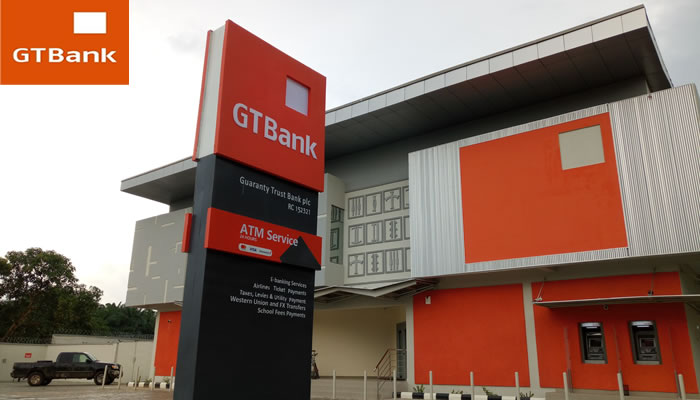The Court of Appeal in Lagos has overturned a previous ruling that allowed Guaranty Trust Bank (GTBank) to seize a 44-room mansion in Ikoyi, Lagos, owned by Alhaji Agboola Abiola, the son of late Nigerian business icon and politician, Chief M.K.O. Abiola.
The legal battle focused on a tripartite mortgage agreement between GTBank, RCN Networks Ltd, and Agboola Abiola.
In 2013, the Federal High Court in Lagos gave a judgment in favour of the bank, permitting it to take over the mansion due to unpaid loans allegedly tied to the property.
However, a new judgment delivered by Justice Paul Aimee Bassi—alongside Justices Polycarp Kwahar and Abdulaziz Anka—has now set aside that decision.
According to the court’s ruling in Appeal No. CA/L/888/2014, which was officially recorded and obtained by The PUNCH, the appellate judges found major problems in the mortgage deed used by the bank.
Justice Bassi noted that “The lower court erred by ruling on a document whose authenticity was seriously in question. This appeal succeeds. The judgment of the lower court dated June 20, 2014, is hereby set aside. Parties shall bear their respective costs.”
The dispute began when GTBank approached the court, claiming rights over the property based on the mortgage agreement. The Federal High Court originally granted the bank’s request in a ruling dated June 20, 2014.
But Abiola and RCN Networks Ltd, not satisfied with that outcome, appealed the judgment through their lawyer, Dr. Charles Adeogun-Phillips (SAN).
The appellants argued that GTBank had no legal right to appoint a receiver or enforce the mortgage since the document had irregularities.
While RCN Networks Ltd admitted signing the agreement, Agboola Abiola denied ever signing it. He alleged that his signature was taken from another unrelated document and inserted fraudulently into the mortgage file.
The appellate court also found inconsistencies in how the document was put together. Justice Bassi noted that while the main part of the mortgage deed was numbered from “2 of 9” to “9 of 9,” the execution page was marked “11 of 17.” This raised questions about whether the signature page came from a different agreement entirely.
The appellants further claimed that GTBank wrongly combined two different loans—a N508 million loan and a N1 billion loan—without their knowledge or agreement.
They also said the bank had already sold off the shares that were used as collateral for the smaller loan but then attempted to use the same execution page to back the larger one.
Police reports on the issue offered no firm conclusions. One report recommended that both parties seek arbitration, while another found no clear proof of forgery.
But the Court of Appeal noted that such findings were not enough to confirm the authenticity of the mortgage.
In the end, the court ruled that a document surrounded by doubt and lacking proper verification could not be used to determine the rights of the parties involved.










